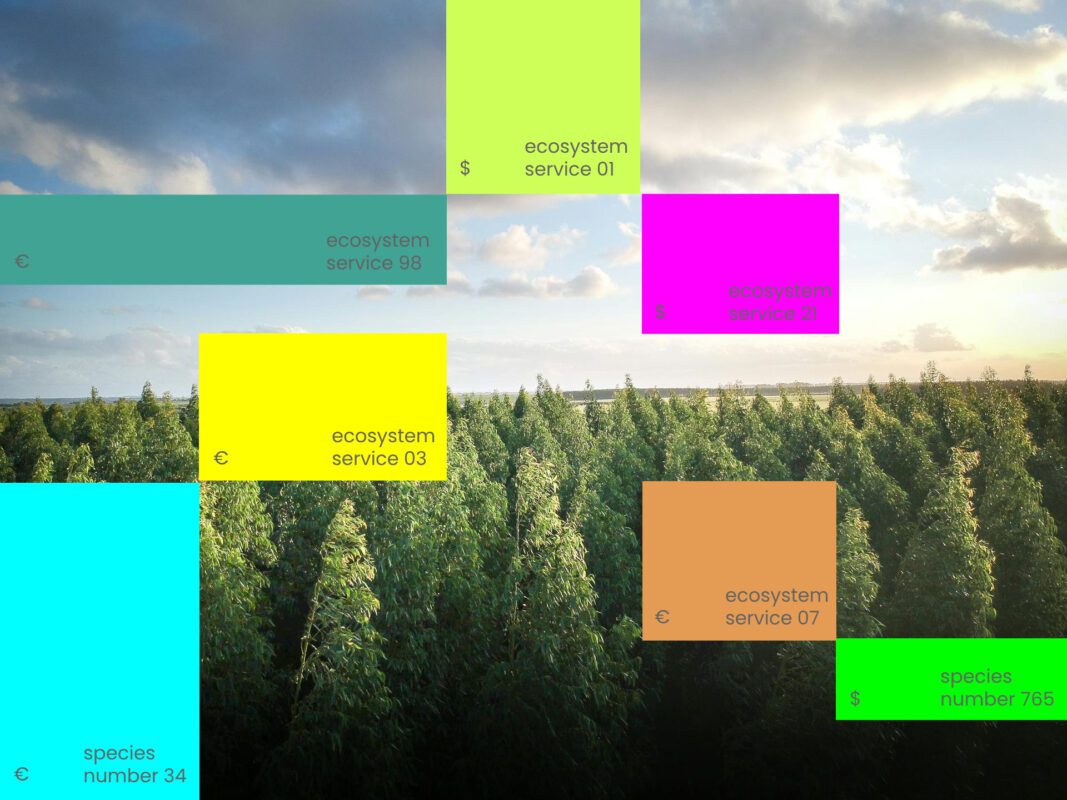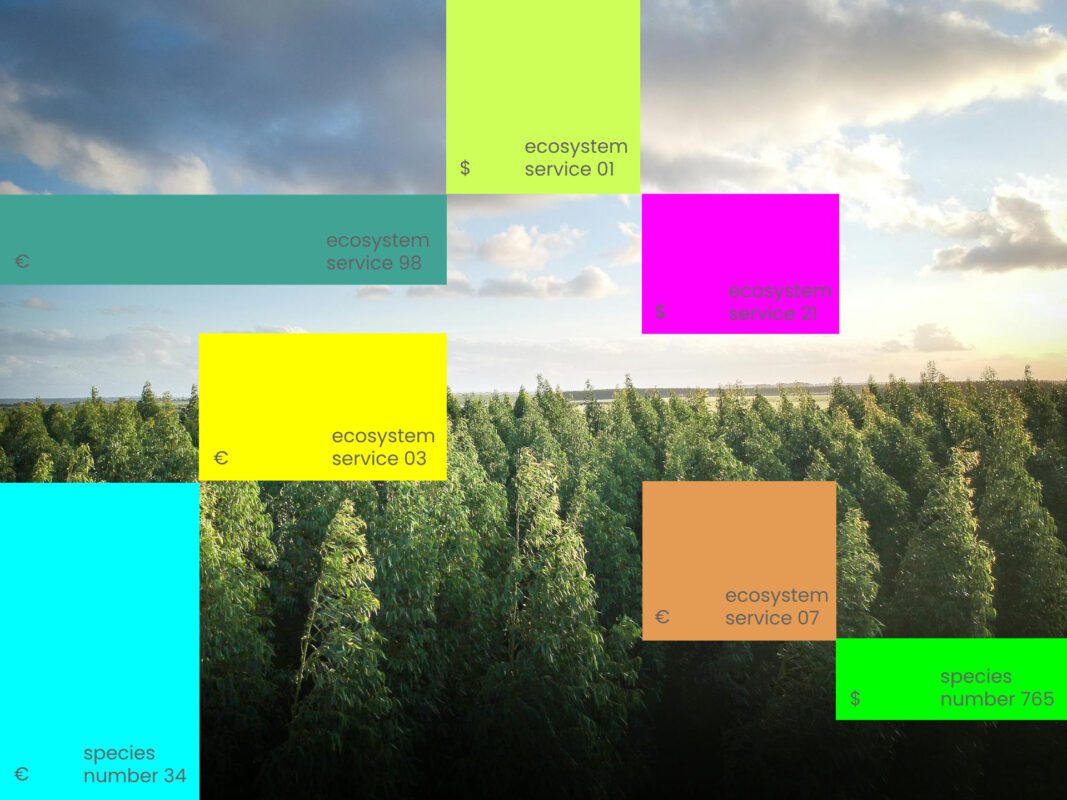Natural capital – Nature as an asset class


Natural capital refers to the notion that there are natural resources that society and economy need to use for survival and to support the essential means for life. If we look for a definition, we can define Natural capital as the value of everything that comes from nature — soil, air, water and all living creatures.
This capital is not constrained to nature itself and can be extended to resource production that comes from it — grow food from soil, get wood from forests, or capture renewable energy from rivers and oceans.
An extractive economy in which natural capital is depleted leads to a growing limited amount of resources, and the consequences of abuse or misuse decrease the natural capital value for everyone.
When organisations or individuals pollute or fail to support regeneration, the consequences are not immediate. Still, eventually, the natural capital will depreciate for everyone — for example, when some soil area is polluted, there may be a value decrease of the land, health issues affecting the local community or even the impossibility of continuing farming or working in that area. The same goes for other types of pollution, such as those applied to different scenarios that lead to the depletion of resources.
There is a value linked to natural ecosystems and resources that provide essential services with an immense economic, social, and environmental impact. This value should be recognised, and the classification of nature as an asset class can help preserve or foster its resources by bringing financial value to them. As valuable assets, they can be quantified, managed, and traded in financial markets in ways such as stocks, bonds, or real estate.

Today, when natural capital is used or depleted by organisations or individuals, the cost paid does not reflect the whole value depreciation they are impacting — as an example, if an individual buys a shirt in a store, he is not paying for the entire product cost, instead, there is only a payment for the product’s selling price that sums the seller’s product cost + the profit on-top of it. Misuse, abuse, or depletion of resources, when not considered, leads to unpriced natural capital, which does not consider what, in fact, an organisation or an individual should be paying to regenerate or compensate for the impact they have on the original natural capital.
Public policies and governance must increasingly foster framework conditions and regulations to integrate nature’s value into financial systems, creating conservation and sustainable development opportunities while providing economic returns to investors. Pursuing direct or indirect incentives is a crucial part of enabling a strategy for nature as an asset class that is beneficial overall and addresses different dimensions.

While carbon credits are becoming popular in this regenerative approach, they are not a unique strategy. Other nature assets are also essential to incorporate these nature-based assets into economic systems, providing a financial incentive for conservation, sustainable resource management, and the restoration of natural systems.
There are several dimensions we can expose as examples — such as the elevated value associated with the water rights to compensate for the scarcity in many regions and allocate water efficiently while also preserving water ecosystems; fishery quotas as rights to harvest a specific quantity of fish or other marine resources and preventing overfishing while treating the ocean’s natural assets as economically valuable; or agricultural soil health credits as an emerging asset involves farmers receiving payments or credits for practices that enhance soil health, such as regenerative farming. Healthier soils increase productivity, sequester carbon, and improve biodiversity, making them valuable assets.
Whether governments and the public sector encourage policies and incentives for producers and consumers to protect the natural capital or companies and individuals take proactive action to implement a regenerative economy, the solution will not reside in a single straightforward direction. Instead, we should all contribute to adapting our reality and be aware that we are playing a role in climate change when we assume and implement a strategy to compensate for our impact by paying for the full use of natural capital that impacts us all.
About Susplus
Susplus is offering a simple, intuitive, and innovative data-driven platform service that supports companies of all sizes to accelerate their path transition to carbon neutrality. We empower companies to start and accelerate their carbon neutrality transition process by measuring and improving their business ecosystem value-chain impact. Susplus platform’s innovative features and intuitive design, will lead you during the transition journey by helping your team to measure carbon emissions in your business value-chain, create action-plans to easily reduce them, and report confidently in compliance with the latest reporting standards. Learn more at susplus.tech, on Linkedin, and on X @susplustech